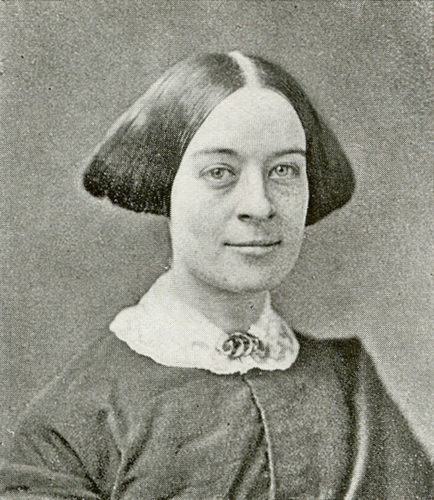First, the Guardian makes it clear that a conspiracy is real:
…groups involved in banning books are in fact linked, and backed by influential conservative donors.
Second, a racist motive is obvious:
In Pennsylvania, the Central York school board banned a long list of books, almost entirely titles by, or about, people of color, including books by Jacqueline Woodson, Ijeoma Oluo and Ibram X Kendi, and children’s titles about Rosa Parks and Martin Luther King Jr. “Let’s just call it what it is – every author on that list is a Black voice,” one teacher told the York Dispatch.
Third, the “influential conservative donors” are really more like (a blast from America’s past of shameless billionaire misconduct) radical extremists who advocate for a fascist surveillance state that will prohibit freedom of thought.
PDE’s president [a group that “tells parents they should spy on teachers”] …worked at the Cato Institute, a rightwing thinktank co-founded by Republican mega-donor Charles Koch. The Intercept reported that the IWF has received large donations from Republican donor Leonard Leo, a former vice-president of the Koch-funded Federalist Society who advised Donald Trump on judicial appointments.
Fourth, the opposition is naturally students themselves who would rather not have their thoughts controlled and education dictated by a tiny group of racist American billionaires.
The Pennsylvania ban was overturned in September 2021 after students protested outside their York County high school and outside school board meetings. In Virginia, high school students managed to overturn the Spotsylvania book ban in similar fashion…
Interesting reading, to say the least.
What would America’s first important philanthropist Margaret Olivia Sage say? 